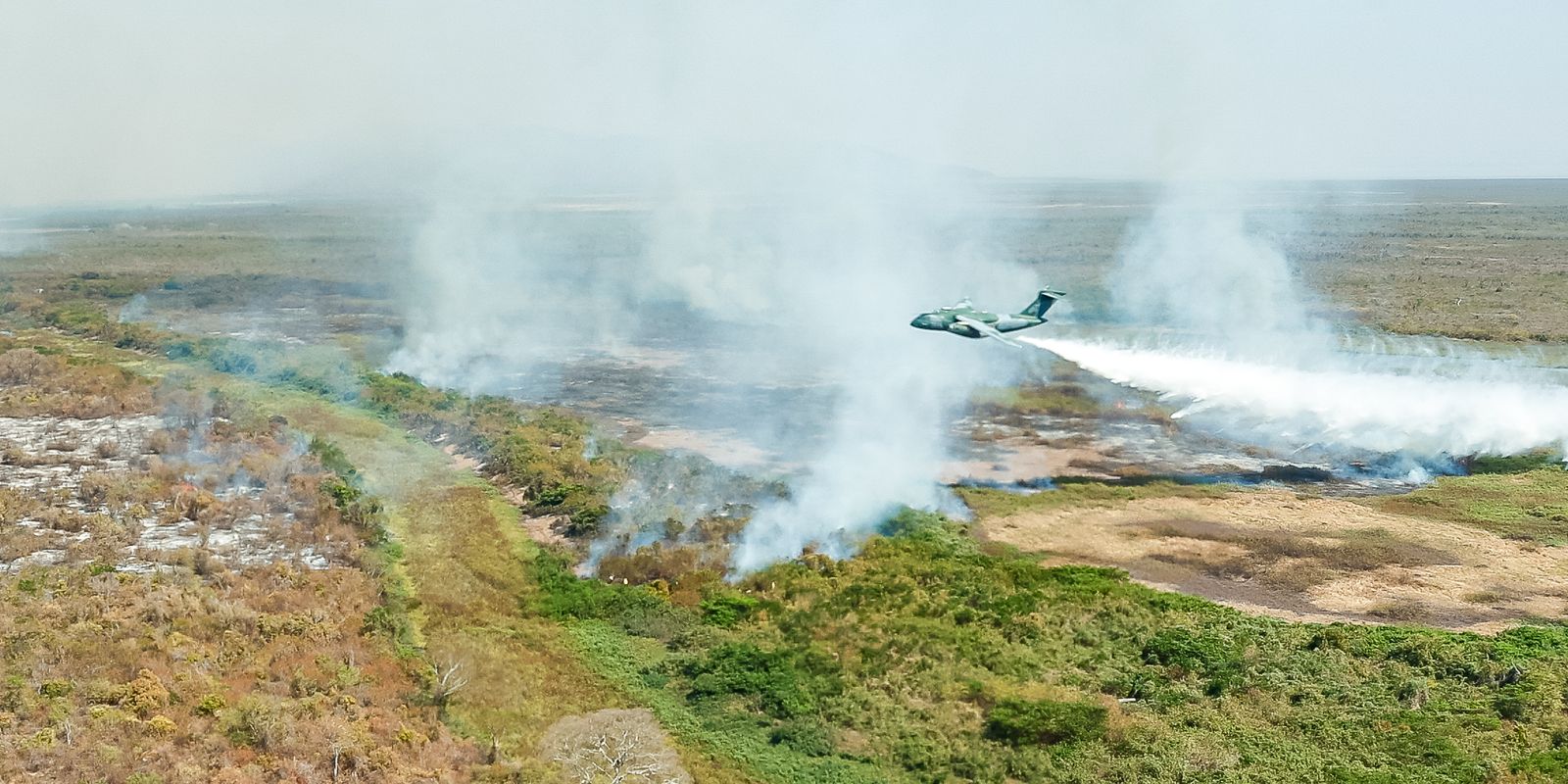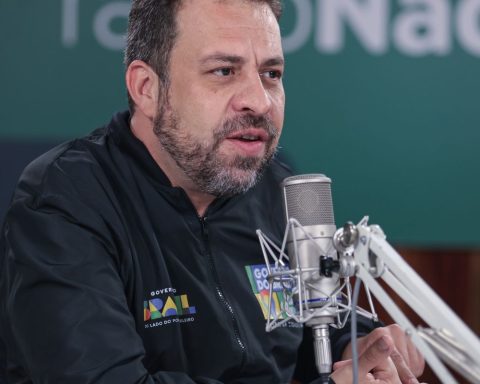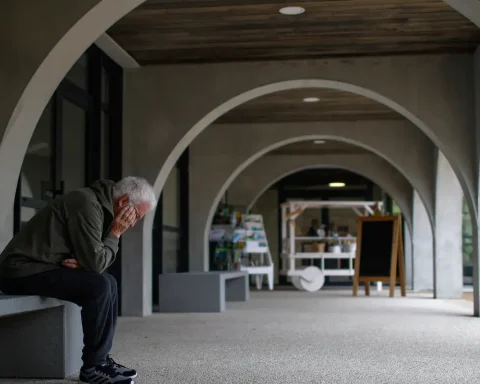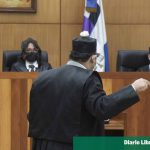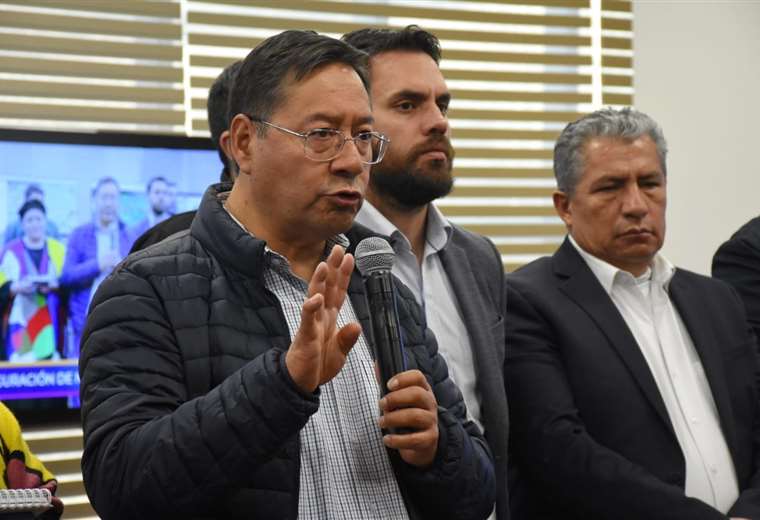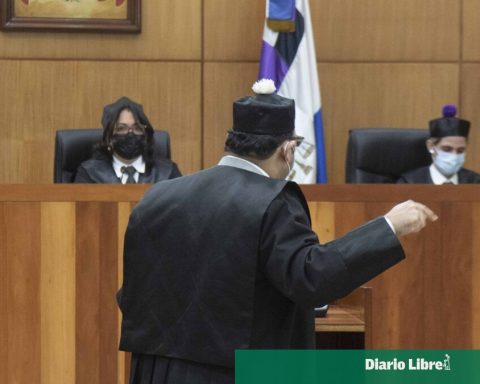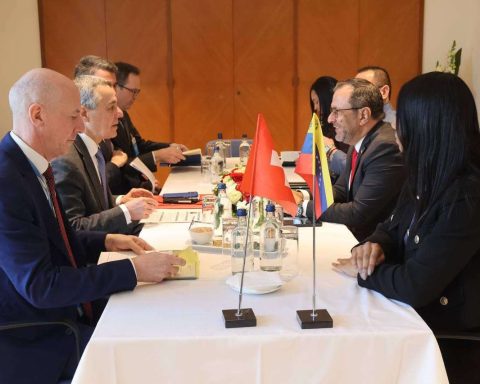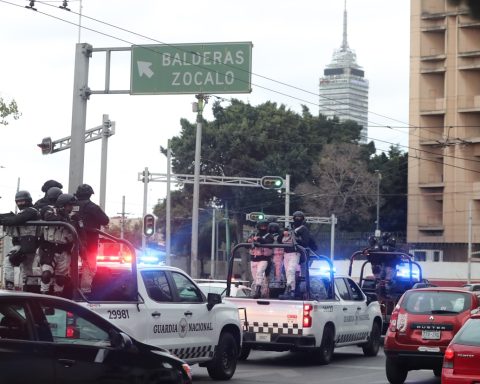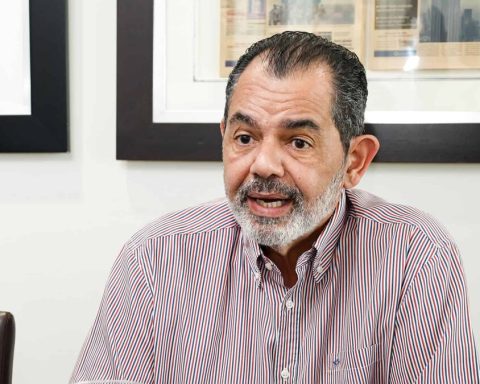President Luiz Inácio Lula da Silva sanctioned this Wednesday (31) the National Policy for Integrated Fire Management, which provides a planned and coordinated approach to using fire in a controlled manner, aiming to prevent and combat forest fires, preserve ecosystems and respect traditional practices. The text imposes measures to regulate the use of fire in rural areas, especially among traditional and indigenous communities, and foresees its gradual replacement by other techniques.
The event took place during Lula’s visit to Corumbá, in Mato Grosso do Sul. From January 1 to July 28, the municipality accounted for 67.3% of the 4,553 hotspots in the Pantanal, which is facing its most severe drought in 70 years, intensified by climate change. The president flew over burned areas and spoke with firefighters working to combat the flames.
Lula said that the law will be a milestone in the fight against fires in Brazil and highlighted the importance of joint work between the federal, state and municipal governments. He also spoke about the importance of the Pantanal for Brazil. “A country that has a territory like the Pantanal and we don’t take care of it, that country doesn’t deserve the Pantanal. The Pantanal is a heritage of humanity, because of the diversity of things that it has here,” he said.
Dressed in firefighter clothing, Lula said he was moved to tears watching the professionals trying to put out the fire. “Often, from our office in Brasília, we have no idea what a firefighter is. And today I had the pleasure of seeing a real-life firefighter, a citizen just like me, who has the noble mission of putting out the fires that nature brought or that some enemy brought,” said the president.
As of July 29, 82 fires had been recorded in the Pantanal; 45 had been extinguished and 37 were active, of which 20 were under control (when the fire is surrounded by a control line). To support local teams, the federal government has 890 professionals in the field, including members of the Armed Forces, the Brazilian Institute of the Environment and Renewable Natural Resources (IBAMA), the Chico Mendes Institute for Biodiversity Conservation (ICMBio), the National Public Security Force and the Federal Police. There are 15 aircraft in operation, including planes and helicopters, and 33 boats.
The Minister of Environment and Climate Change, Marina Silva, made an appeal for fires not to be started in the region. “If we don’t stop setting fires, no amount of people and equipment can overcome this. What can make a difference is to stop setting fires in the Pantanal,” she said.
Uses of fire
Approved by the National Congress, the new national policy prohibits the practice of setting fire as a method of suppressing native vegetation for alternative land use, except when there is controlled burning of vegetation residues. For agricultural practices, the use of fire will be permitted only in specific situations, according to the peculiarities of the localities.
The resource will also be allowed to be used in the following cases: scientific research approved by a recognized institution; fire prevention and fighting practices; subsistence culture of indigenous peoples, quilombola or traditional communities and family farmers; and training of forest firefighters.
The text defines the types of burning as controlled and prescribed. The first is used for agricultural purposes in specific areas and must be included in an integrated fire management plan, with prior authorization from the competent bodies. Authorization may be waived for training purposes in integrated fire management, as long as the burned area does not exceed 10 hectares and is in accordance with the guidelines of the National Management Committee, which has yet to be created.
Prescribed burning, on the other hand, involves planning and controlling fire for conservation, research or management purposes within an integrated plan. This is what happens, for example, in the control of exotic or invasive species. This modality also requires prior authorization.
In the case of agricultural practices, the text also provides for the possibility that the competent body may establish criteria for granting authorization by adhesion and commitment, which must also follow all environmental and safety requirements established in the policy. In addition, owners of contiguous areas may manage fire jointly, in which both parties are responsible for the operation, if the site is up to 500 hectares.
Authorization for these burns may be suspended or canceled by the competent body in certain situations, such as in the case of risk of death, environmental damage or unfavorable weather conditions or non-compliance with the law.
Protected areas
If the burning is for subsistence agriculture carried out by indigenous peoples, quilombola peoples and traditional communities, according to their customs and traditions, the project does not require authorization. Even so, there will be requirements, such as prior agreement with the resident community and communication to the forest brigade responsible for the area, in addition to only occurring at appropriate times.
The implementation of the integrated management policy on the lands of these populations must be carried out by Ibama, in partnership with Funai, Fundação Cultural Palmares, Incra and the Secretariat for Coordination and Governance of the Union’s Heritage.
When the environmental agency authorizes controlled burning in areas bordering indigenous lands or quilombola territories and in the buffer zones of Conservation Units (CUs), it must inform the respective management agencies. If there is overlap between indigenous lands, quilombola territories and CUs, integrated fire management must be planned to reconcile the objectives, nature and purpose of each protected area.
The text also creates intergovernmental bodies to manage responses to vegetation fires. Volunteer and private brigades must register with the Fire Department of the state in which they will operate. The Ministry of the Environment will be responsible for organizing a national registry of forest brigades.
In situations where military firefighters act together with forest brigades, the coordination and direction of the actions will be the responsibility of the military corporation, except if the operations take place on indigenous lands, quilombolas and other areas under federal management.
